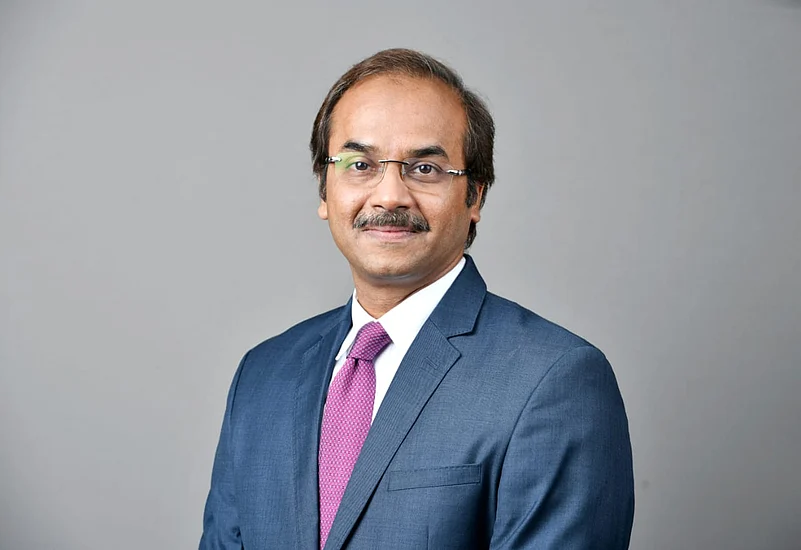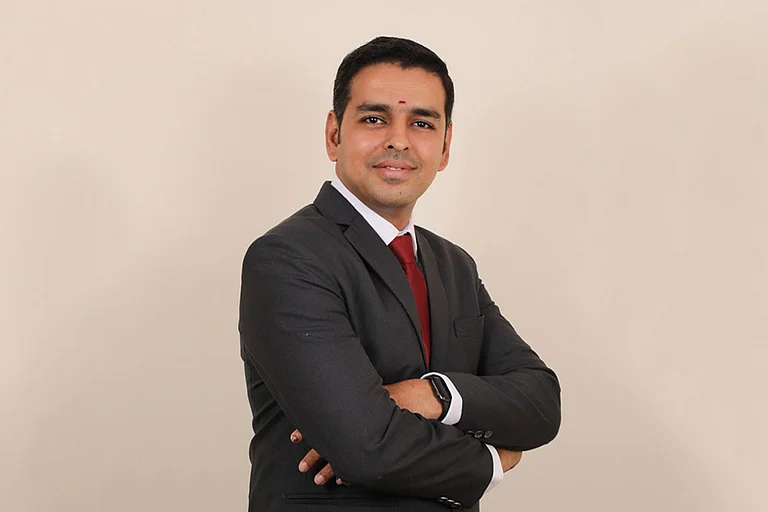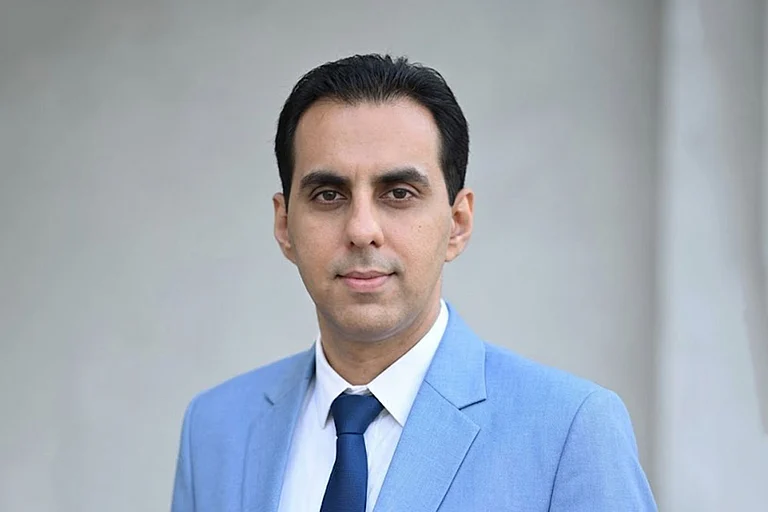PGIM Mutual Fund chief and industry veteran, Ajit Menon, has announced his retirement from the fund house. Though he will continue to serve as the CEO till August 31, 2025, and, thereafter, as a senior advisor with the fund house till March 2026, what took many by surprise was that he put down his papers only at age 55.
Abhishek Tiwari, currently serving as the fund house’s chief business officer, will take over as the new chief executive officer from September 1, 2025.
Menon’s retirement announcement has sparked conversations about early retirement, as he has chosen to step down three years before the official retirement age of 58 at PGIM Fund House.
His decision offers valuable lessons for those planning to retire early. In a conversation with Outlook Money, he said that early retirement is possible when you have a meticulous plan.
The Learning
Retiring early is a dream for many, but for Menon, it became a reality at the age of 55. The message is loud and clear: early retirement is possible with precise planning, discipline, and a clear sense of purpose. Here's his secret mantra for early planning.
Have a focused plan
Early retirement starts with a focused plan. Menon says he is a firm believer in disciplined retirement planning; as it is the one financial goal one has to fund himself/herself
During a conversation last year, Menon had shared valuable tips on early retirement planning. The most valuable thing he shared was “keep your retirement planning on top of your other financial goals.”
“You can get a loan for your children's education, buying a house, car, for business, but there's no conventional loan for retirement. You have to build it yourself. So that is one of the very important reasons why we must all be focused on while planning for our retirement because if there is any gap in that goal you cannot fill that with a loan and gaps in every other financial goal can be filled in with a loan” he said.
Acquire or Hone New Skills
An unconventional piece of advice around retirement is to not worry about the corpus, but build a secondary income.
“Retirement planning is not just about creating a corpus. A financial advisor can help you create this corpus. But the real risk is of concentration – which is that you are just dependent on one skill (job) for all your life,” he says.
“One way to overcome retirement anxiety when you are planning over retirement is that it is wise to hone or acquire new skills early on so that you have a secondary source of income, which can be monetised. The skill can be a passion that you have held for all your life since your teenage years —a fitness instructor, yoga teacher, translator, photographer and so on,” he adds.
Maintain Your Health
Menon is a firm believer in a healthy lifestyle, and suggests focusing on health is as important as focusing on your retirement corpus. The most common problem people typically encounter during 60s - 70s is health, he says
“Maintaining your health helps you reduce the cost of expenditure incurred on treatment. Besides, being purposeful and working at something that gives you joy keeps your health alive and kicking and well into your later years as well,” says Menon.
How to Invest Your Corpus
Estimate the Corpus: A high income doesn't guarantee early retirement, but a proper planning does.
“The first step should be to estimate the corpus required to retire based on your current age and the age of retirement. Say, your current age is 30 and you wish to retire at 60, you have 30 years to accumulate your corpus. Calculate the monthly investment required from today to reach this corpus by 60. You can use a goal or retirement calculator to calculate this,” he says.
Make three buckets for a 30-year period: Menon is a firm believer in the bucketing strategy for retirement planning. He suggests that once you have accumulated your retirement corpus, it can be divided into three buckets to support a 30-year retirement horizon.
The first bucket should be invested in conservative products and designed to cover expenses for the initial 10 years. The second bucket, meant for the next 10 years, can be allocated to hybrid funds that offer a balanced approach. The third bucket, intended for the final 10 years and beyond, can be invested in diversified equity funds.
“The beauty of this strategy lies in compounding. While you draw down funds from the first two buckets, the third bucket has 20 years to grow” he says.
Takeaway
Early retirement is achievable with the proper planning and discipline. Menon’s journey is proof that with careful planning and disciplined execution, stepping away from work on your own terms is very much possible.
















